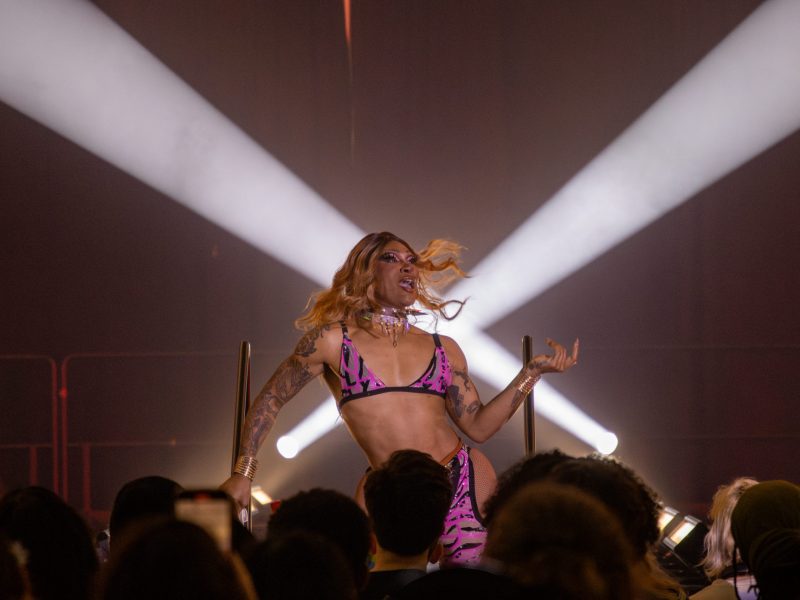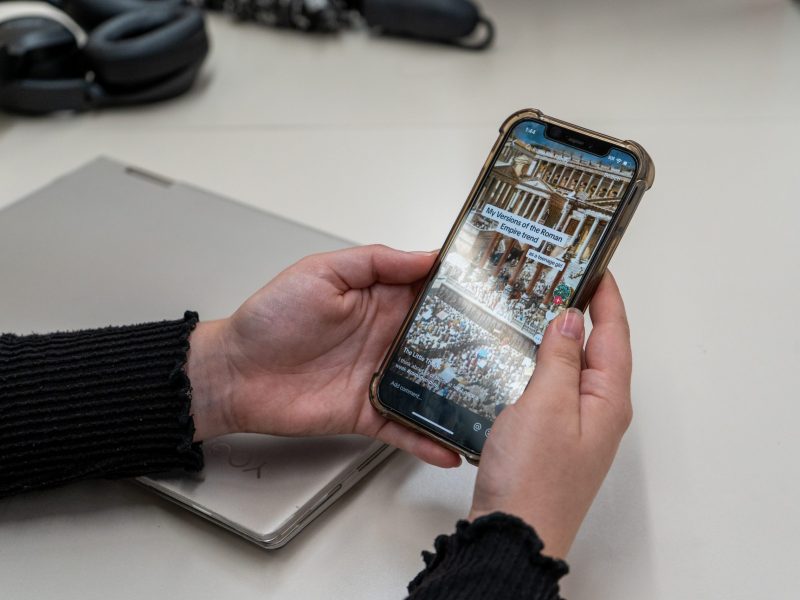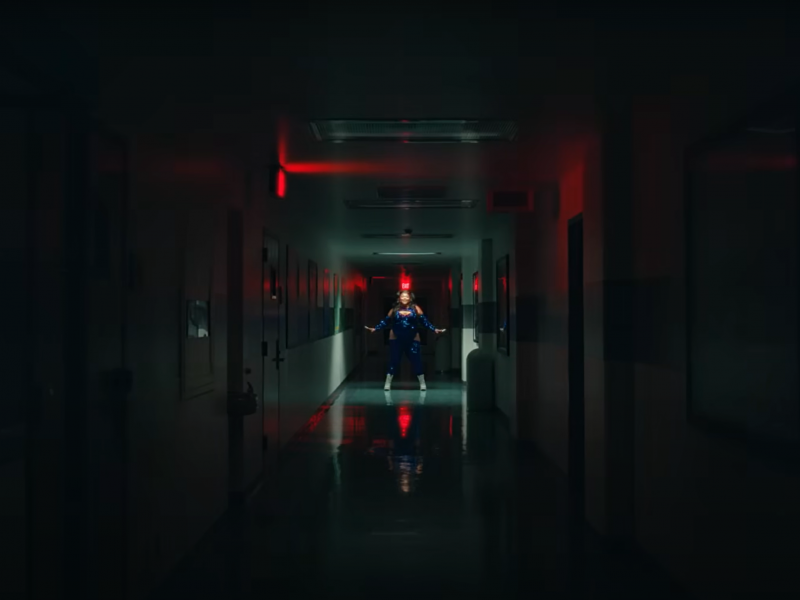Last week, I was scrolling through my Twitter feed when I noticed a tweet from Robert DeLong, one of my favorite musicians, asking his followers to name their favorite songs from his latest album, In The Cards. Without much thinking, I shot back a tweet to the 29-year-old EDM musician, rattling off three of my favorite tracks. Within minutes, DeLong favorited my tweet and the many other replies. He even tweeted back to a couple of excited fans, remarking on their selections of songs.
In today’s day and age, this phenomenon seems unremarkable. Living in the heydey of social media, we’ve grown so accustomed to megastars utilizing the latest technology to maximize their public outreach that we’ve become desensitized to it.
It seems that we don’t realize just how transformative — and honestly, strange — this all is.
One must only look to the Twitter account of Cher for prime examples of what happens when a star freely and unabashedly expresses themselves for millions of followers to see.
O well life is hard & then u die RT @rox3000 @cher Did you know you’re known for having the most difficult to understand tweets over here?
— Cher (@cher) August 28, 2012
@QualityLana Thats cause I’m 98 ! I think i look Quite”Well Preserved “4 my age! Wait til u r 1/2 my age & twt me again,Sweetcheeks ! Nite
— Cher (@cher) July 31, 2013
@gagasapostle SIT ON YOU OWN DAMN FACE !! IM BUSY !!!
— Cher (@cher) December 3, 2012
Before the advent of social media, and the 21st century for that matter, Cher was known as a powerful woman with equally powerful pipes who exerted autonomy in a male-dominated industry. You could now argue that her interactions with other Twitter users, like the ones above, have allowed her to establish a new identity — one of quick-witted humor and often puzzling messages with playful responses to hecklers. The 69-year-old icon is able to do this because social media, among other things, enables instant and open communication between people throughout the world. This is beneficial in the sense that stars — or their management teams — are able to gauge the public consensus on themselves through the public’s posts. For musicians, this could mean finding out what songs your fans like the best, and then emulating those tracks in future albums. For television and movie stars, it means you can sense what the general public, and not movie critics, thinks of your performance. And for stars with their celebrity on the decline — think Tila Tequila — it means an opportunity to take advantage of the system by posting outlandish statements.
It also means, however, that fans are going to extreme lengths to be one of the lucky few that are noticed by their favorite stars.
There’s the standard “follow me” messages.
Why are all the buildings in NYC standing straight up? If earth was round then some of the buildings would have a slight tilt. #FlatEarth
— Tila Tequila ☺ (@AngelTilaLove) January 7, 2016
@arzE pic.twitter.com/K2AH7qzYIZ
— ☁️ (@eIectracontra) January 29, 2016
Heartwarming messages of kindness.
@kanyewest shut up
— LegendaryKickz (@LegendaryKickz) February 3, 2016
@zaynmalik send nudes
— kassy (@kordeilovesme) February 3, 2016
These tweets are indeed silly — and it’s important to note that there are far many more disturbing and perplexing tweets out there if you wish to find them — but on some level it seems that fans are so desperate for attention that the whole thing becomes impersonal.
That isn’t to say that the process is intimately personal to begin with, because it isn’t. Whenever someone with millions of followers tweets something, there’s no way he or she can give every reply the time of day. But on the other hand, it’s becoming increasingly common for tweets to celebrities to say nothing of substance besides “ily,” “daddy” or “follow me,” which shows social media is becoming a competition to get noticed instead of a revolutionary avenue for artist-fan exchange.
There have been major developments in the music industry as a result of Twitter, however. The fact that Beyoncé could drop her self-titled album in 2013 with no promotion whatsoever, and instead cleverly rely on an explosion of excitement on social media to spread the news, shows that platforms like Twitter can act as a form of free PR. Kanye West, although already having announced his anticipated album Waves, has constantly kept his Twitter followers updated on the ever-morphing LP while drawing additional attention by getting into public feuds with other stars. And anyone can purchase a Twitter trend as well, meaning that multi-million dollar artists also have the opportunity to project their newest works out to millions just by their sheer wealth.
All this points to a world where artists do not need to rely on traditional forms of media, as they have become the source of news themselves. There is still a massive gulf between the few megastars and their many fans, but the distance seems marginally shorter. In the future, as new forms of media arise and old ones adjust or fade away, there’s a chance that the potential for connection between you and your personal idol will only grow stronger — which, for a self-identified chronic fanboy like me, seems like a sweet deal.



